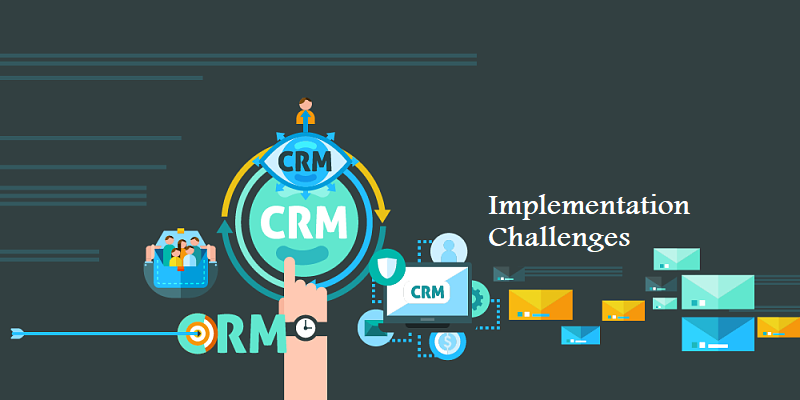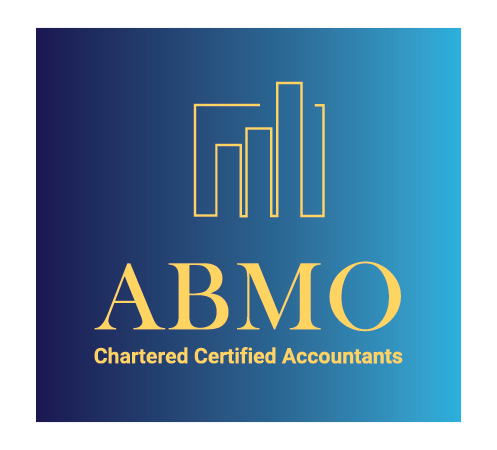ABMO INSIGHT
Businesses that need more functionality than a cloud accounting package can turn to ABMO for further insight. For many small businesses, nurturing customer relationships is an uphill battle. You have to Keep track of interactions, Personalize communications, Ensure timely responses. And that’s just the tip of the iceberg. Amidst the chaos, it’s easy for you to lose focus on what you excel at running your business.
Sound familiar? Then a CRM solution is exactly what you need.
What is CRM?
A customer relationship management software system whose main function is to help you manage customer interactions.
It centralizes customer data to ensure that you have instant access to and control over:
Contacts | Leads | Deals | Sales pipelines.
A CRM system also helps you streamline business processes, including:
Sales | Marketing | Customer service | Administrative operations.
For the often-overstretched teams that make up a small business, CRM software is a game-changer. It simplifies data tracking and customer management, which lets your team focus on the essentials. As a result, you ensure:
Improved efficiency | A better use of resources | Enhanced productivity.
Benefits of CRM for small businesses
Powerful contact management
Improved productivity
Better insights with reporting
Improved sales strategy
Better segmentation and targeting
Improved customer service
Common challenges faced by small business owners in implementing a CRM system
High costs
For small businesses, prioritizing cost-effectiveness is essential. This becomes challenging when considering CRM systems, as they often come with hefty price tags. It’s vital to view this as a strategic investment that pays itself off over time. A well-chosen CRM system offsets initial costs by increasing your customer base and speeding up payments.
Complexity
Transitioning to a CRM system often brings a considerable learning curve, which may result in difficulty implementing or even abandonment. Even when onboarded, your team might still find your chosen software difficult, which leads to underutilization.
The silver lining is that numerous CRM systems feature:
- User-friendly interfaces.
- Extensive training guides.
- Exceptional customer support.
- Resistance to change
- Recognizing people’s natural resistance to change is crucial when you integrate a new system.
While some are quick to embrace new methods, others prefer their familiar routines. Understanding and addressing these varying attitudes is crucial for smooth CRM adoption and implementation.
Data migration issues
A major challenge in setting up your CRM is data migration. It’s crucial to select a CRM system that handles data migration smoothly, as failure to do so results in significant information loss. This oversight leads to missed opportunities and extra work, which undermines the goal of simplifying your workflows.
Integration with other tools
For small businesses, integrating a CRM with existing tools is a common hurdle. Smooth integration empowers your workflows, while poor integration disrupts them. The key is to choose a CRM that integrates with other business tools and platforms. To optimize effectiveness, focus on standard data formats and reliable APIs.

Training and onboarding
Found the perfect CRM? You’re not done yet! The next big step is to ensure your employees fully embrace the system. This means in-depth training and effective onboarding.
To enhance user adoption:
- Clearly highlight the CRM’s advantages.
- Provide detailed training.
- Extend additional support.
- Consider offering incentives.
- Encourage your teams to input high-quality data into your CRM. Without their active participation, you risk missing out on invaluable insights and underutilizing your CRM’s full potential.
- Remember: You unlock the power of a CRM through the collective effort of your employees and teams.
Data quality
- Exploring a CRM system isn’t just about data storage — it’s also about the quality of that data.
- When assessing a CRM system, ask yourself:
- Can it accurately capture customer needs, preferences, and behaviours?
- Is the data consistently up-to-date?
- Does it have built-in data validation and cleansing features?
- Opt for a CRM with real-time updates to foster a reliable information base for your decision-making.
Scalability concerns
- As your business expands, it’s essential that your CRM system scales with you.
- Otherwise, increasing data, user counts, and interactions slows down your system and harms user experience.
- On the other hand, a well-chosen CRM supports business growth and scalability, which enhances customer service and efficiency as you expand.
CRM we recommend for SME’s
METHOD: CRM
Method is the #1 CRM for QuickBooks and Xero users. Thanks to its two-way sync, you can track leads in real time and eliminate double data entry.
Method also offers advanced process automation to save you money and time. Plus, its mobile app is the perfect choice for small businesses on the go.
Other Benefits
- Complete customization to suit your business needs
- Automated job scheduling
- Seamless work order management
- Effortless time tracking
